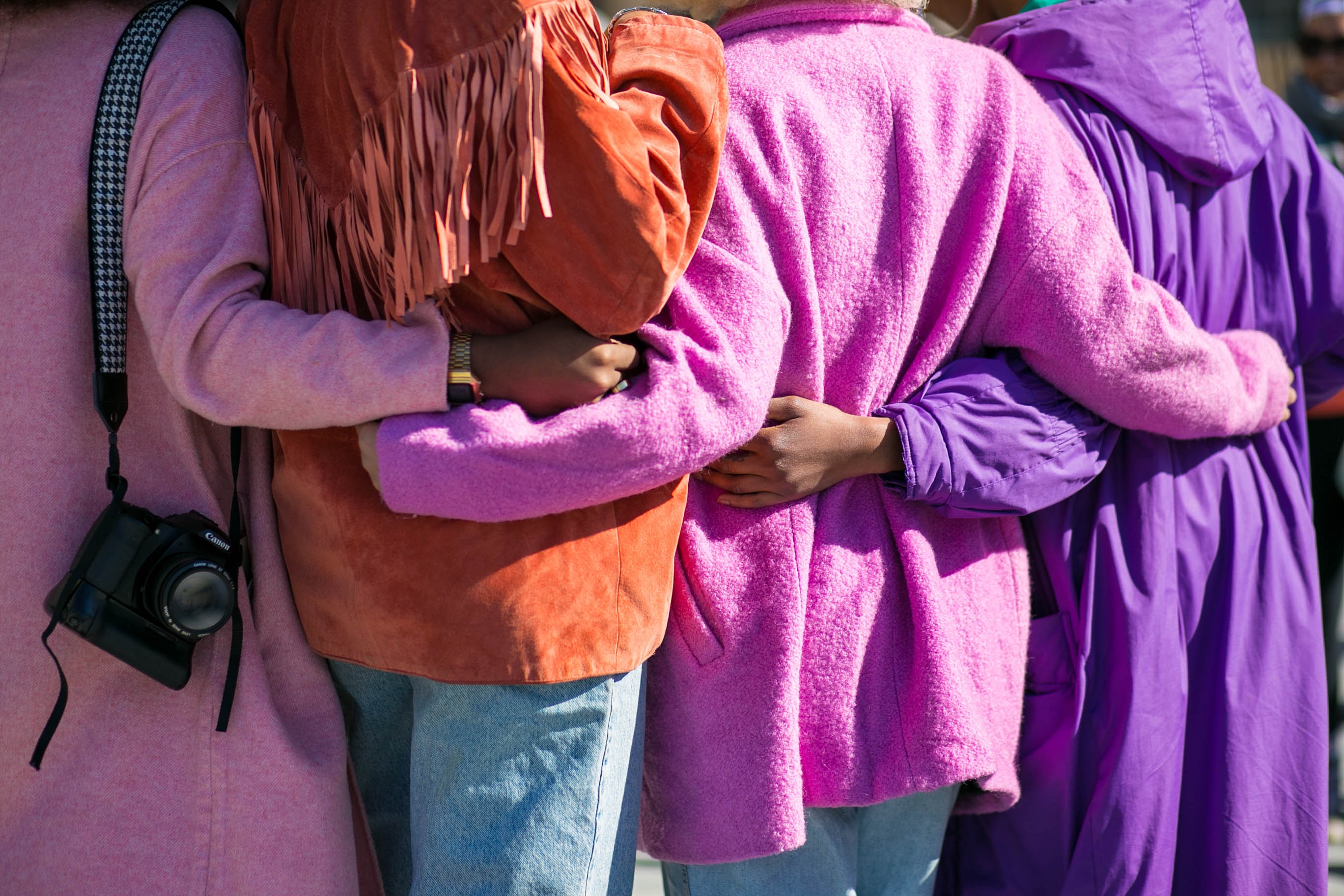Why It Matters

Photo by Vonecia Carswell | Unsplash
Courage, Trust, Equity and Love are IHI’s core values.
Courage is one of the Institute for Healthcare Improvement’s core values because fulfilling IHI’s mission to improve health and health care around the world demands it. Each of the values is related to the others and is equally important, but I think of courage as being an enabler of the other values. To achieve equity, build trust, or exhibit love, one often needs to demonstrate courage — especially if one risks loss or faces resistance.
For example, about a year ago, the National Academies invited a group of quality organizations to talk about where quality stood on the 20th anniversary of To Err Is Human. The goal was to publish a discussion paper about the most important priorities for the next 20 years of the health care quality movement. We talked about a variety of issues, including infections, adverse drug events, and measurement.
When I looked at the six dimensions of quality delineated in the Crossing the Quality Chasm report — safety, effectiveness, equity, patient-centeredness, timeliness, and efficiency — I felt strongly that the biggest opportunity for improvement in quality was to address inequities. Under this premise, IHI centered our entire contribution to the Academy’s paper around equity.
We faced questions about this, as we did when IHI launched the Pursuing Equity initiatives. Still, I felt that making equity synonymous with quality was an important evolution. I also knew that, to create the higher quality systems to which we aspired, IHI and our colleagues across the sector had to stand united on the need for equity. Over time, aided by multiple heartfelt discussions and the mounting evidence of the disproportionate impact of the pandemic on BIPOC communities, my quality colleagues ultimately agreed that we must speak with one voice to make the case for centering equity in the health care quality movement.
Everyday Courage
We often see courage as a highly individualistic “Washington Crossing the Delaware” kind of leadership characteristic. I would like to challenge that.
Courage is exhibited every day by everyone who makes decisions, and everybody makes decisions every day. Sometimes those decisions are small and local and deeply personal. Sometimes they are big and about how a whole country should operate or how a whole health system should work. Often, we must decide between the "safe choice" or the courageous choice.
Courage in health care improvement means working for our patients. In some cases, we have to make hard decisions about prioritizing where best to put our energies and scarce resources. It also means understanding the threats to better outcomes and realizing that systems are perfectly designed to create the results they get. It takes courage to change established and sometimes entrenched systems and challenge established power dynamics.
Maybe you are a nurse or a doctor or social worker, and you are trying to make a relatively modest change to improve care for people in your environment. Maybe you are facing a manager who disagrees with you, or you are trying to win over a constituency in your organization that has been resistant to the kind of change you are proposing. It can be daunting. It can mean making sacrifices. Almost everything we do in improvement involves going after the big picture changes that can make care better.
Organizational Courage
Organizations need courage to break historical molds of how they have operated, how they have practiced, and how they have been in the past. One example comes from IHI’s own backyard in Boston.
After documenting racial inequities in its system, Brigham and Women’s Hospital is making some courageous choices about how to take on racism and racially motivated inequities in care provision to contribute to healing in its community. An analysis of 10 years of data found that Black and Latinx patients with similar cardiac symptoms were treated differently than White patients who came to the Brigham. Black and Latinx patients were more likely to be admitted to the general medicine service while White patients generally went to the cardiology service. This resulted in worse outcomes and worse care experiences for Black and Latinx cardiac patients.
The Brigham now pursues what Bram Wispelwey, MD, MPH, Associate Physician in the Division of Global Health Equity at Brigham and Women’s Hospital, and Michelle Morse, MD, MPH, Chief Medical Officer and Deputy Commissioner for the Center for Health Equity and Community Wellness at the New York City Department of Health and Mental Hygiene, call a Healing ARC, consisting of Acknowledgement, Redress, and Closure.
Acknowledging harm to the communities who have been harmed requires courage. To make up for past harm, leaders from the Brigham are creating default pathways that encourage consideration for the cardiology service for anyone presenting with certain heart failure symptoms. That redress requires courage. Working toward closure requires engaging with the community to understand whether the acknowledgement and redress have been adequate to heal and repair the damage done to the community. That, again, requires courage.
Opportunities to exhibit courage are always in front of us. And we can — and should — encourage it in others. We must recognize when a colleague is taking a risk on behalf of patients and families, let them know we see what they are trying to do, and offer our help. In time, as we make courageous choices and encourage this behavior in others, we will create a culture of courage that empowers and enables hundreds of acts of courage. This, over time, builds a courageous organization. No one should have to be courageous on their own.
Editor’s note: Look for more each month from IHI President and CEO Kedar Mate, MD, (@KedarMate) on improvement science, social justice, leadership, and improving health and health care worldwide.
You may also be interested in:
